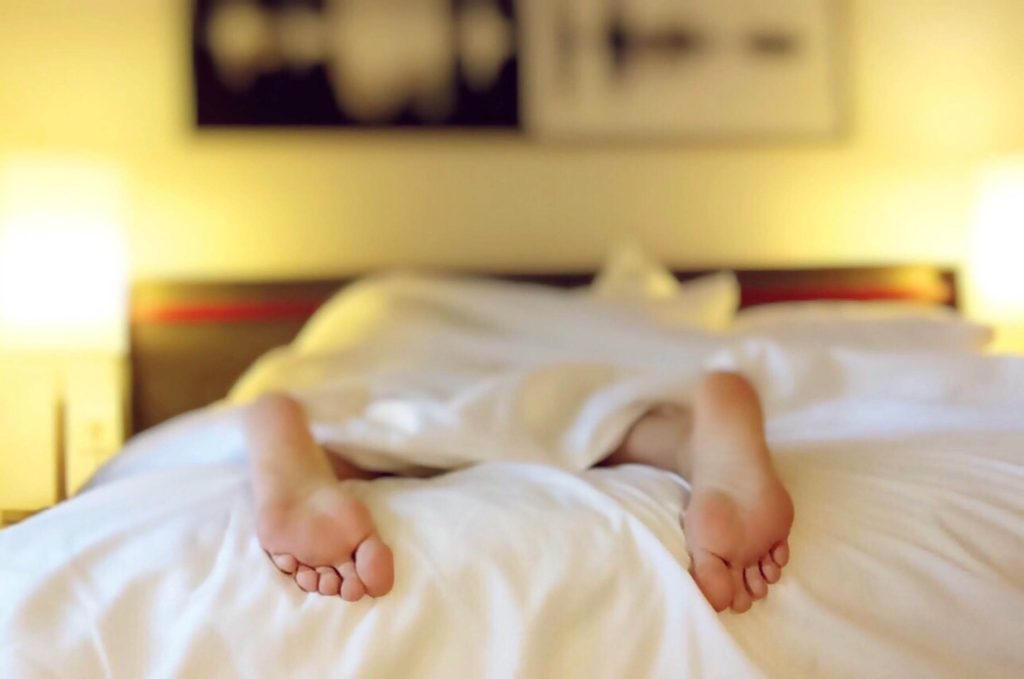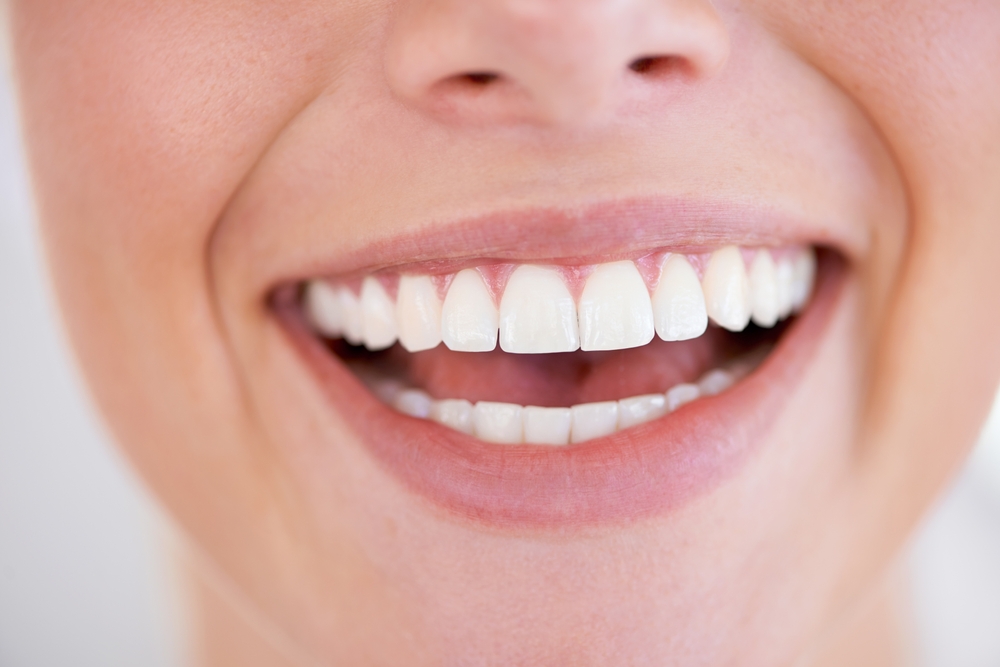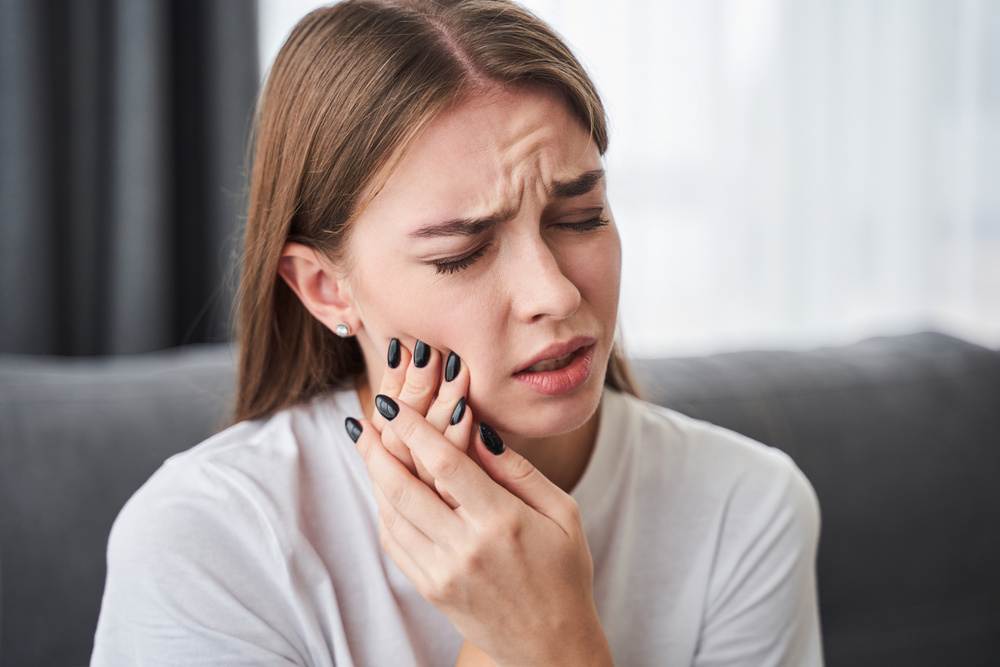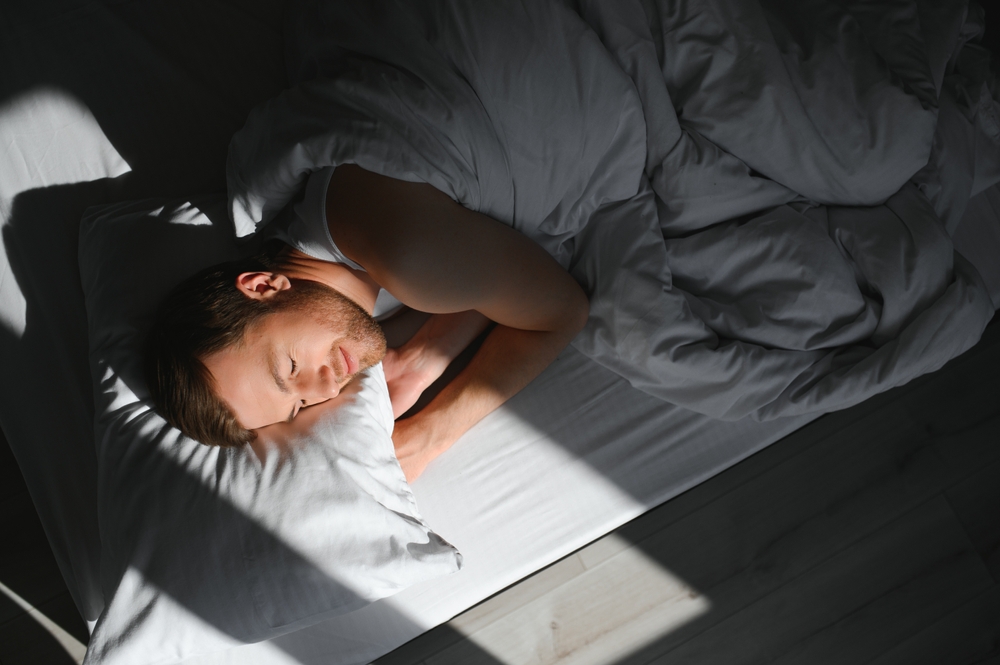Sleep apnea, or OSA, is a sleep disorder that happens in all age groups and both sexes and affects more than 22 million American adults.

Here are some things to know about sleep apnea and what happens if it doesn’t get treated:
Sleep apnea is characterized by shallow breathing or long pauses in breathing, each pause known as an apnea episode, that in severe cases can last up to a few minutes while asleep. Sleep apnea is a disorder that can be very severe and have serious effects on your overall health when untreated.
Sleep apnea often results in difficulty staying asleep, waking up feeling groggy, feeling drowsy – which is dangerous when a person needs to drive or operate a machinery, and can attribute to weight gain and depression.
Getting adequate sleep is paramount to our health and wellbeing, so sleep apnea is not only troublesome because it causes someone to lose sleep and feel exhausted for days or weeks – it can actually be life threatening.
Since those who suffer from sleep apnea tend to stop breathing for periods of time while sleeping, no oxygen can get into their lungs, which causes the body to go into emergency mode as the person gasps for breath. In the most severe cases where the body is too exhausted to go into this emergency mode, the person may never wake up.
Sleep apnea also causes low blood oxygen levels. This means that the combination of interrupted sleep and oxygen deprivation may lead to hypertension, heart disease and memory and mood problems.
If you suffer from sleep apnea and you are not seeking any treatments yet, another important thing to consider is that not only does disturbed sleep affect you – but it also affects those who sleep next to or close to you.
One of the most common and widely recognized symptoms of sleep apnea is snoring, which is certainly annoying for spouses and family members, it’s important to remember that there are several other symptoms associated with this disorder to watch out for, such as: frequent sore or dry throat in the morning; headaches upon waking up; mood changes and irritability; confusion or memory loss.
So, are there any treatments for this bothersome and dangerous disorder?
There is a device called CPAP for people with OSA to use during sleep. The benefits can be significant only if used correctly, and a lot of people have trouble adjusting to their CPAP appliance and/or are experiencing side effects of wearing it.
Sleep apnea, as well as snoring, can also be corrected with the use of the TAP! dental appliance, bringing relief to many patients even on their first night with TAP!
While there are many devices designed to help you fight sleep apnea, it’s very important that you also make any necessary lifestyle adjustments; for instance, changing your sleeping position, losing weight if you’re overweight, addressing other health issues, and stopping smoking and drinking alcohol or taking over-the-counter sleep aid medicine.
Now is the perfect time to seek the solution and get treatments for sleep apnea, for you or your loved one, so you can start the New Year off right by getting better sleep, waking up refreshed and energized, and having a better quality of life. Trust Smiles By Stevens highly qualified and experienced staff to provide you with a solution.
At Smiles by Stevens of Lancaster, PA, we believe that everyone deserves to have different options when it comes to improving their health, including finding solutions for sleep disorders, and we’re here to assist you with your wellbeing.

Your dentist should be able to determine if sleep apnea is a concern and whether or not you would be a good candidate for a sleep study. Upon reviewing the results of the sleep study, Dr. Stevens will be able to discuss with you the best options to alleviate sleep apnea and give you a personalized treatment plan moving forward.
Learn more about sleep disorder solutions, including palatal injections – contact our Lancaster PA dental office today and make an appointment with our skilled sleep apnea dentist in Lancaster PA at 717.581.0123!





